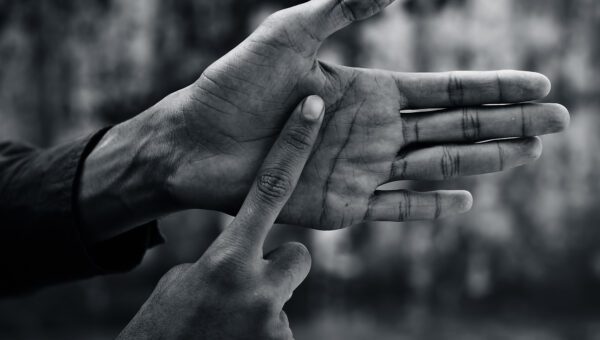
Duration

Location
In-house

Availability
Good
Suitable for: All What does this mean?
You’ve probably seen it on TV. Now it’s time to learn how to do it yourself. British Sign Language (BSL) is the first/preferred language for 87,000 deaf people in the UK. Recent visibility of BSL in mainstream media has heightened awareness of the needs of BSL users across society. Both the Equality Act 2010 and the BSL Act set out legal responsibilities to BSL users.
BSL training for housing workforces is not just about meeting legal equality requirements but also about creating a welcoming, accessible, and inclusive environment for all tenants. It is an essential step in ensuring that housing services are available and accessible to everyone, regardless of their communication needs.
This session is ‘must do’ training for your front line colleagues, supporting them to gain knowledge, skills and confidence to have a basic conversation with a deaf BSL user.
-
Read more
The aim of the training is to support you to:
- To feel confident and professional using basic British Sign Language (BSL) with Deaf customers or colleagues
- Provide a fair, accessible, inclusive and non discriminatory service to Deaf BSL users.
What will you learn?
Skills and Confidence in producing and understanding:
- Fingerspelling alphabet
- How to introduce yourself and ask someone’s name Meet and greet signs
- Asking questions
- Clarifying eg, slow down, I sign a bit.
Knowledge:
- What is BSL and who uses it
- What’s the impact on using BSL as a first language History of BSL
- Bespoke add on options include: Additional conversational vocabulary Signs specific to your area of work.
Other topics are available, let us know your training needs.
Who should attend?
- All colleagues who may meet a BSL user in their role.
-
Our trainer
Julie Ryder
In December 1991, I was an ACIB certified banker with nothing in the way of me and a successful career. The month is significant as it marked the start of a journey from normal hearing to profound deafness. Life would never be the same again.
The hearing aids were my first issue – ugly, uncomfortable and noticeable. Once my hearing deteriorated to a moderate loss, I began to miss out on conversation, responding incorrectly to other people and 2nd guessing what had been said. Enjoyment from music and socialising started to ebb away. Severe deafness brought a whole new set of problems, particularly at work, resulting in a significantly downgraded job role. My self confidence was dive bombing as quickly as my hearing. The final straw came once I was unable to hear even my own voice. Profound deafness had cut me off from others and I’d lost myself too.
With deafness now a permanent feature of my life, I had 2 options: give up or carry on. I started learning British Sign Language and then decided to learn to lip read too. With encouragement from Matt, my husband, I trained as a volunteer deaf awareness tutor with the UK charity ‘Hearing Concern’. This experience formed the precursor to the work we do today. The biggest breakthrough came in 2002 when I received a Cochlear Implant (CI) on my left side. For the first time in 11 years, I had stability. It was time to start living.
I felt energised and wanted to use my experiences positively. It was clear that employers and service providers needed more skills, knowledge and confidence to include deaf people (and other marginalised people too). Since 2002 I’ve been prolific in researching, developing and delivering training and whether the driver for the training is law or business, it’s important to me that people are at the heart of it.

We can bring this course to you.
If you have five or more staff interested our
in-house training offers great value for money.
Complete the form below and we’ll be in touch.





